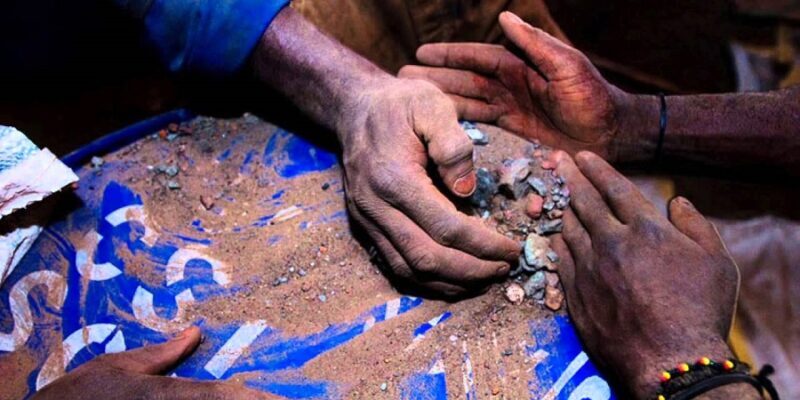
The Democratic Republic of Congo (DRC) is home to an abundance of natural resources, including valuable minerals like coltan (columbite-tantalite), tin, tungsten, and gold.
These minerals are essential components used in various consumer electronics and products manufactured worldwide.
However, the extraction and trade of these minerals have earned the notorious label of “conflict minerals” due to their association with armed conflicts, human rights abuses, and environmental degradation within the region.
Reasons Behind the Conflict Mineral Label:
- Resource-Rich Yet Conflict-Prone Region: The eastern part of the DRC, where many of these minerals are found, has been mired in long-standing armed conflicts involving rebel groups, militias, and neighboring countries. The resultant violence, community displacements, and lawlessness have exacerbated the situation.
- Control over Mining Areas: Armed groups and militias seek control over mines and mining regions to exploit the highly profitable trade of these minerals. They impose illegal taxes, extort money from miners, and use the proceeds to fund their activities, thus perpetuating the cycle of violence.
- Human Rights Abuses: In these conflict-affected areas, human rights violations are rampant, with forced labor, child labor, and sexual violence against workers and local populations being widespread. Artisanal miners, operating under hazardous conditions, are often coerced into mining these minerals under the constant threat of violence.
- Lack of Regulation and Oversight: Weak governance and regulatory structures in the DRC make it challenging to effectively monitor and control the mining sector. This lack of oversight enables illicit trade and involvement of armed groups in mineral exploitation.
- Smuggling and Illegal Trade: Even minerals extracted from conflict-free mines in the DRC can enter the global supply chain through illegal channels, posing a significant challenge for companies to ensure the origins of the minerals they use.
- International Demand: The high global demand for these minerals, especially in the technology and electronics industries, provides economic incentives for armed groups and unscrupulous actors to exploit and profit from their extraction.
In response to international concerns regarding conflict minerals, numerous initiatives and regulations have been introduced to tackle the problem.
For instance, the Dodd-Frank Wall Street Reform and Consumer Protection Act in the United States includes the “conflict minerals rule,” which mandates certain companies to disclose their use of conflict minerals in their products.
They are also required to demonstrate due diligence in ensuring that their supply chains do not contribute to conflict or human rights abuses.
Governments, companies, and civil society organizations are actively engaged in efforts to establish responsible sourcing practices, promote transparency, and create sustainable and conflict-free supply chains for minerals from the DRC and other conflict-affected regions.
These endeavors aim to foster positive change and uphold ethical standards in the global trade of minerals, ultimately contributing to peace and stability in the regions affected by conflict.





